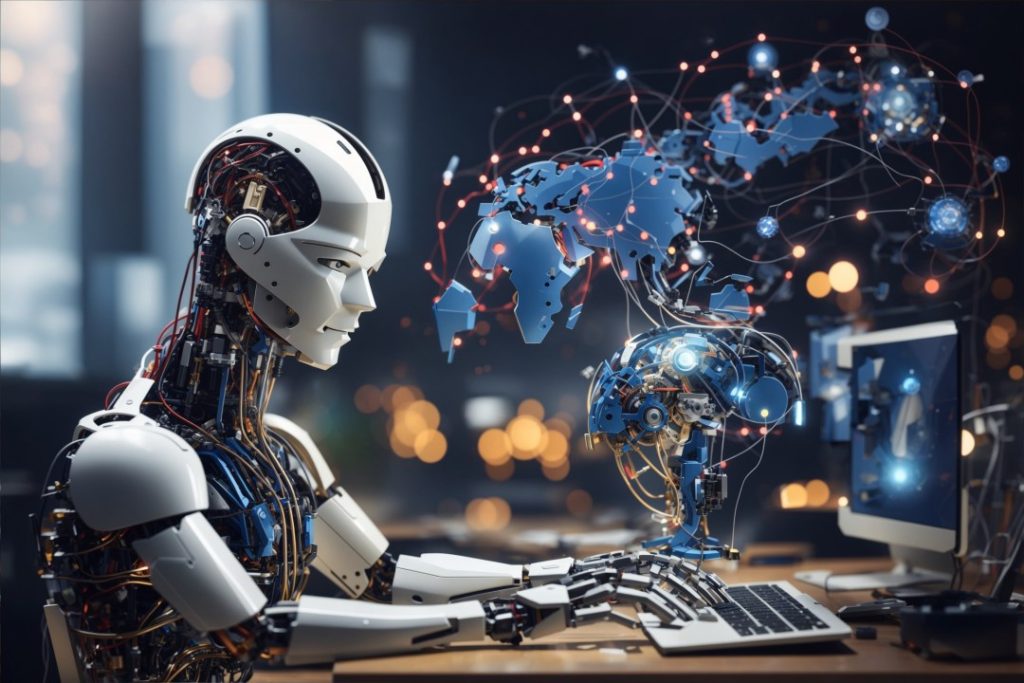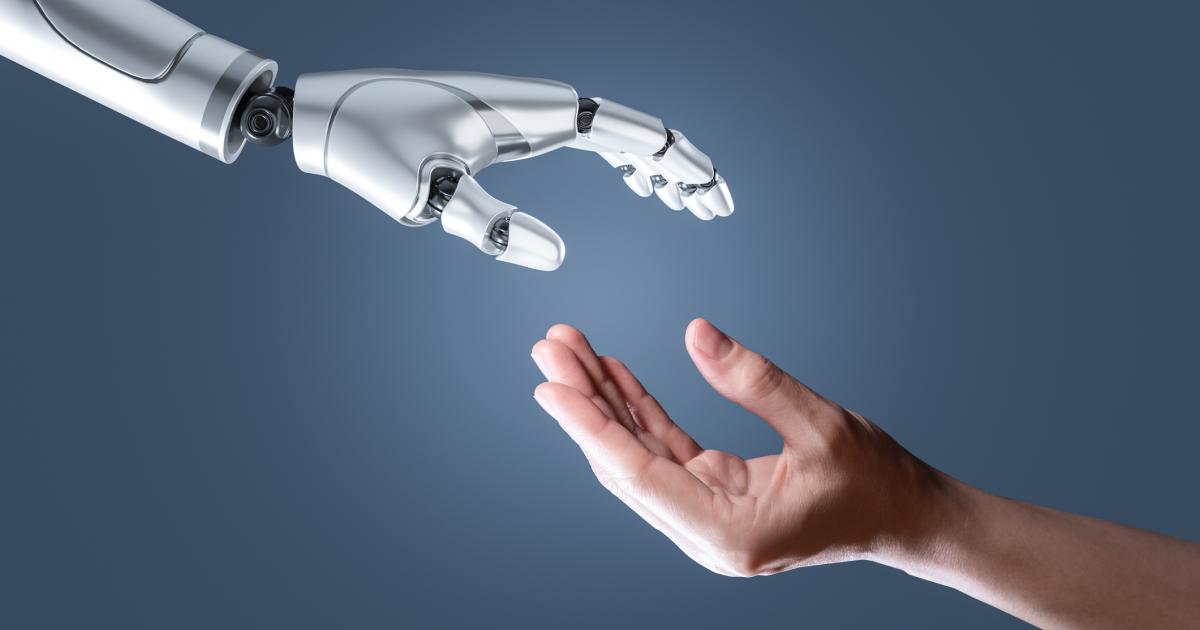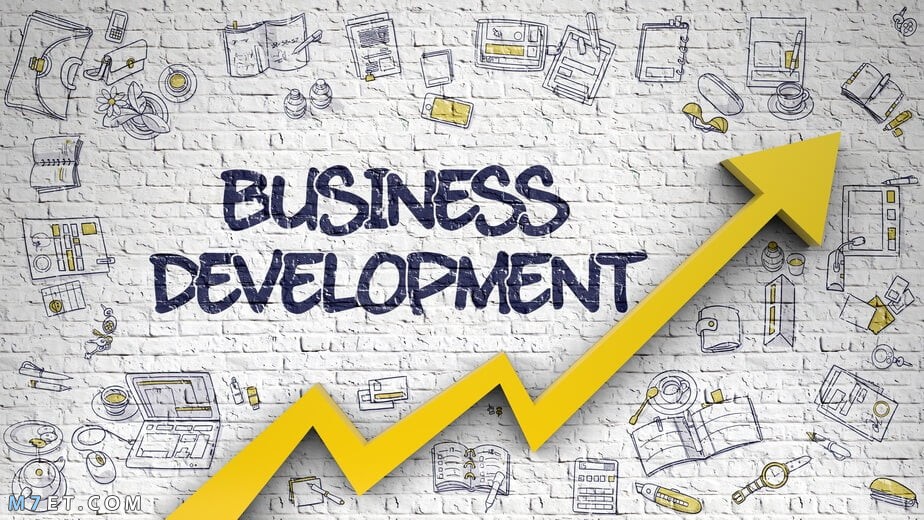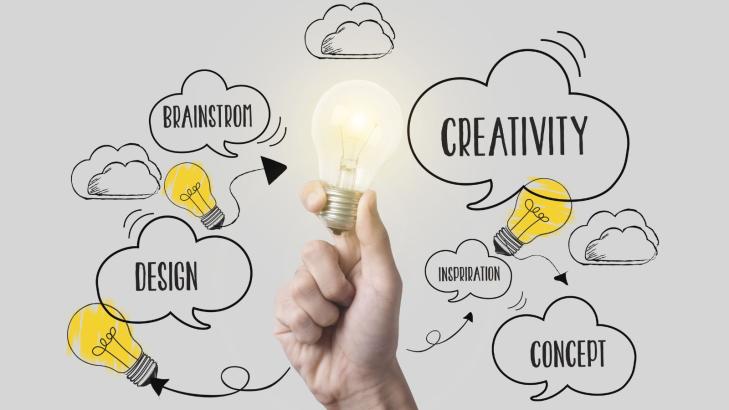In an era of accelerating change, it has become Artificial Intelligence in Innovation It is the true gateway to the future, where technology meets creativity to create unlimited opportunities for growth and development. Therefore, it is essential for organizations to adopt smart solutions to enhance their competitiveness.
How has artificial intelligence become the cornerstone of modern innovation?
In a world rife with modern technologies and accelerating digital transformations, innovation is no longer a secondary option, but rather an essential element for the survival and development of organizations. With the rise of Artificial intelligence in innovation has transformed the concept of innovation from simply developing new ideas to building intelligent systems capable of predicting, analyzing, and making decisions faster.
Moreover, Artificial intelligence has become an integral part of the strategies of major companies, enabling them to continually improve the quality of their products and services. Therefore, those who don’t invest in this advanced technology today may find themselves out of competition tomorrow.
What is an AI-powered innovation lab?
The Innovation Lab is an integrated environment specifically designed to test new ideas and transform them into viable projects. Additionally, the introduction of artificial intelligence into these labs enables them to analyze big data, discover patterns, and provide accurate insights that help innovators make faster and more effective decisions.
For example, a smart innovation lab can predict customer behavior and suggest pre-emptive solutions to potential problems, making the innovation process both more accurate and realistic. On the other hand, AI allows human teams to focus on creative aspects rather than routine tasks.
Why has artificial intelligence become a pivotal element in innovation?
1. Accelerate the development process
Thanks to artificial intelligence, companies no longer need months to test a new idea or product. In fact, intelligent systems can quickly simulate results, thus reducing the time and effort required to test solutions. Furthermore, this speed helps achieve a clear competitive advantage in the market.
2. Analyze data intelligently
Innovation isn’t just about ideas, but also about a deep understanding of data. This is where artificial intelligence comes in, enabling it to analyze millions of data points to identify new trends and opportunities. This allows teams to make accurate, evidence-based decisions, rather than relying on guesswork or random experimentation.
3. Enhancing human creativity
Despite fears that artificial intelligence could replace humans, it actually frees minds from routine tasks. Thus, humans become more capable of generating innovative ideas that drive continuous improvement, fostering an organization’s spirit of innovation and motivating teams to think outside the box.
Steps to create an AI-based innovation lab
1. Clearly define the vision
The first step is to establish a specific vision for the lab, outlining its goals and direction. Without a clear vision, it’s difficult to allocate resources effectively or accurately measure success.
2. Building technical infrastructure
Artificial intelligence cannot function without robust data and advanced systems. Therefore, the appropriate infrastructure must be in place, including analytics tools, storage, and machine learning systems. Moreover, This investment ensures the long-term success of the laboratory.
3. Form a diverse team
Every successful innovation lab relies on the diversity of minds. The team brings together programmers, designers, data scientists, and entrepreneurs who share a common goal: turning ideas into reality. This diversity also contributes to enriching discussions and generating innovative solutions.
4. Cooperation with external partners
It is essential to build partnerships with universities, research institutions, and technology companies. Collaboration thus contributes to the exchange of knowledge and the expansion of innovation more quickly and effectively.
5. Applying a culture of experimentation and learning
In an innovation environment, there is no failure, only continuous learning. Therefore, teams should be encouraged to experiment, analyze results, and repeat attempts until they reach the best solutions. However, there must be periodic evaluation to ensure the desired goals are achieved.
Benefits of integrating artificial intelligence into corporate innovation
1. Increase operational efficiency
Artificial intelligence helps automate complex processes and streamline procedures, reducing human error and increasing productivity. This allows organizations to focus on strategic rather than routine tasks.
2. Improving customer experience
By analyzing user behavior, organizations can anticipate their needs and provide personalized solutions before they even ask for them. This enhances customer loyalty, increases sales, and provides a strong competitive advantage in the market.
3. Creating new job opportunities
Although some believe that artificial intelligence may reduce jobs, it opens up new areas in data analysis, algorithm development, and innovation management, supporting the growth of the digital economy.
4. Supporting sustainability
Artificial intelligence can help find environmentally friendly solutions, such as improving energy consumption and reducing waste through smart and accurate systems, thus achieving sustainable development goals.
Global examples of AI’s success in innovation
1. Google (Google X)
Google is one of the most prominent companies that has employed artificial intelligence in its labs to develop revolutionary projects such as self-driving cars and the Google Assistant. This success demonstrates how organizations can integrate technology to achieve tangible results.
2. Amazon (Amazon Lab126)
Amazon has used artificial intelligence to develop devices like Alexa, which has changed the way humans interact with machines, thus improving customer experiences like never before.
3. UAE Government
The UAE has established government innovation labs that rely on artificial intelligence to improve the quality of public services, making it a leader in this field. Moreover, This approach has helped foster a national culture of innovation.
Challenges Facing the Application of Artificial Intelligence in Innovation
1. Lack of specialized competencies
The world still lacks experts capable of designing and implementing effective AI systems, so organizations need to continuously train their employees.
2. Resistance to change
Some organizations are still reluctant to adopt AI for fear of losing control or lack of awareness of its importance. However, this can be overcome through education and effective internal communication.
3. Privacy and security issues
Artificial intelligence relies on data, which raises challenges related to protecting information and ensuring its responsible use.
4. High cost
In the early stages, projects may require huge investments in infrastructure and technology, but they are long-term investments with significant returns and are therefore a necessary step towards achieving organizational excellence.
How is artificial intelligence driving the future of innovation?
Artificial intelligence isn’t just changing the way we innovate, it’s changing its entire philosophy. Instead of random experimentation, companies rely on accurate data and analytics to guide their decisions toward success.
Moreover, Artificial intelligence has become a key component in developing smart solutions for medical, industrial, and environmental fields. Thus, innovation labs can efficiently anticipate and prepare for future trends.
Imagine a lab that can analyze market needs in real time, or design products that automatically evolve based on user feedback—this isn’t science fiction, it’s a reality you create. Reins today.
How does your company begin its journey into AI and innovation?
If you want your organization to become a leader in innovation, start adopting smart thinking today. Invest in building a data-driven innovation lab and leverage AI tools to accelerate growth.
This is where Reins comes in, the ideal partner for your organization on its smart transformation journey. We help you design and implement effective AI-powered innovation strategies that ensure excellence and sustainability in the future workplace.
Artificial Intelligence in Innovation… Your Path to Excellence
It can be said that the combination of artificial intelligence and innovation It is no longer a luxury or an option that can be postponed, but rather a strategic necessity for every organization that aspires to grow and excel.
Therefore, the future does not wait, and those who do not invest in smart technology today may find themselves out of competition tomorrow. Now is the perfect time to experiment with practical innovation based on artificial intelligence—and Reins, the road will be clearer, ideas faster, and results smarter.












